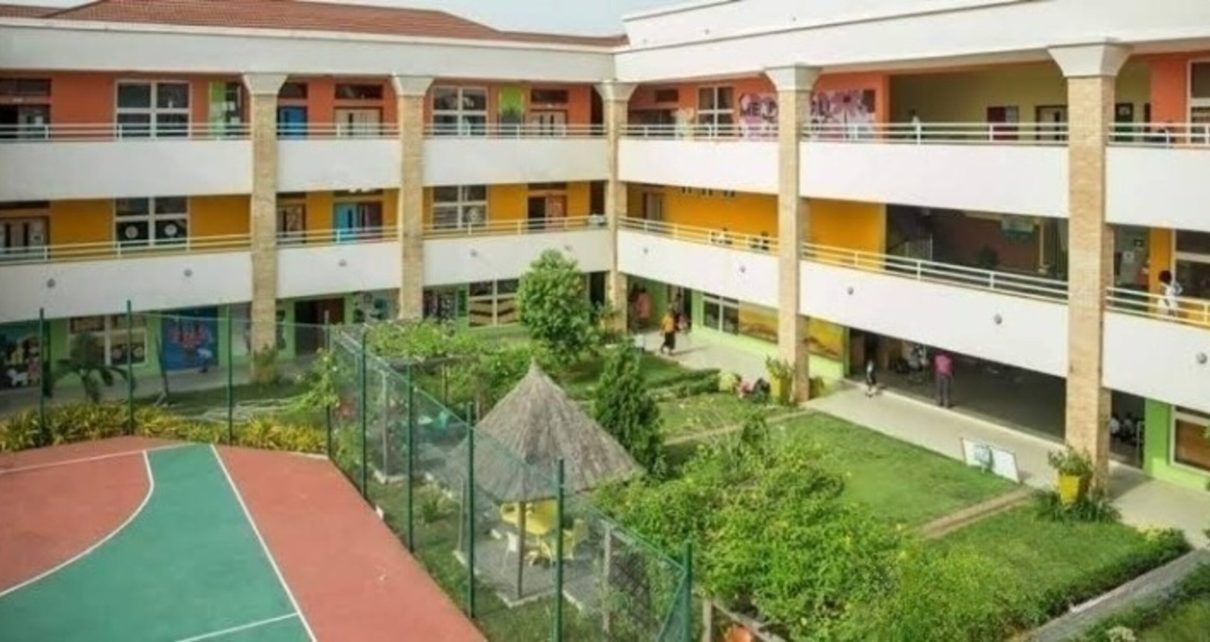The recent decision by the Lagos State Government to increase public school boarding fees from ₦35,000 to ₦100,000 per term has sparked widespread protests among parents and guardians. The hike, which represents a nearly 200% increase, has been met with strong opposition from various quarters.
“We simply cannot afford this new fee,” said Mrs. Funmi Adeyemi, a mother of three. “The economic situation is already tough, and this increase is just too much for many families to bear.”
The Lagos State Government has defended the decision, stating that the increase is necessary to ensure the welfare of students in boarding schools. “The previous fee of ₦35,000 was set in 2021 and is no longer realistic given the current economic conditions,” explained Mr. Ganiu Lawal, Deputy Director of Public Affairs at the Ministry of Basic and Secondary Education. “The new fee will cover essential costs such as feeding, janitorial services, and other miscellaneous expenses.”
Despite these assurances, many parents remain unconvinced. “We understand the need for better facilities and services, but the government should consider the financial burden on parents,” argued Mr. Jacob Akintola, Director of the Jeremiah and Felicia Aderoju Foundation. “This is not the right time for such a drastic increase.”
Human rights organisations have also voiced their concerns, urging the government to reconsider the decision. “Education is a fundamental right, and the government must ensure that it remains accessible to all, regardless of economic status,” said a spokesperson for the Lagos Human Rights Commission.
The protests have highlighted the broader economic challenges facing many Lagosians. “We are struggling to make ends meet, and now we have to worry about our children’s education too,” lamented Mrs. Adeyemi. “The government needs to find a more balanced solution.”
As the new academic session approaches, the tension between parents and the government continues to escalate. The Lagos State Government has yet to announce any changes to the new fee structure, leaving many families in a state of uncertainty.


